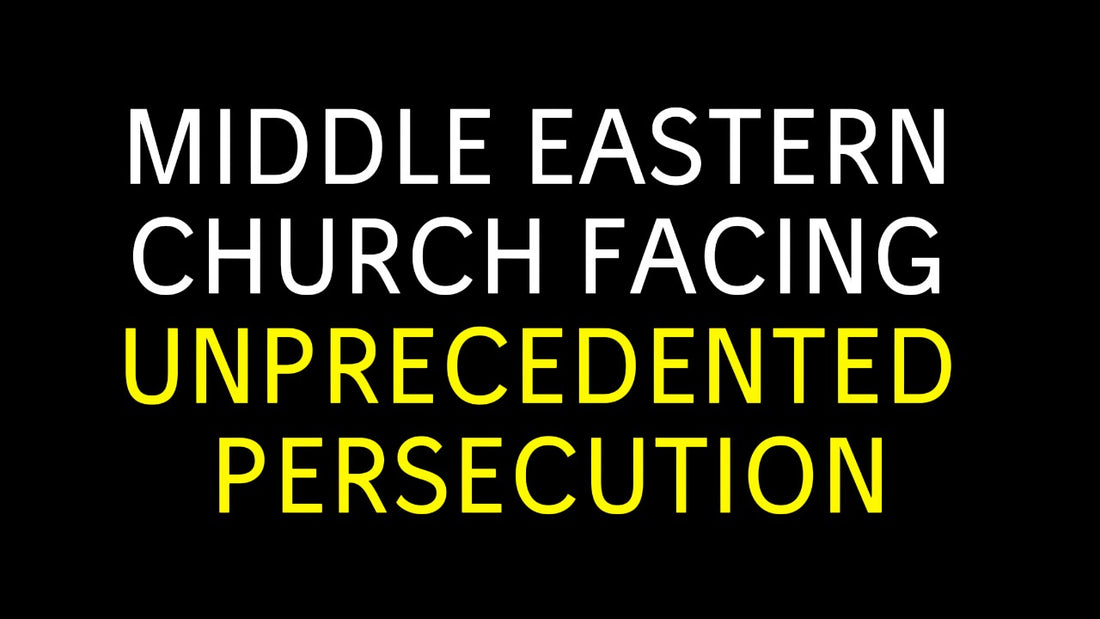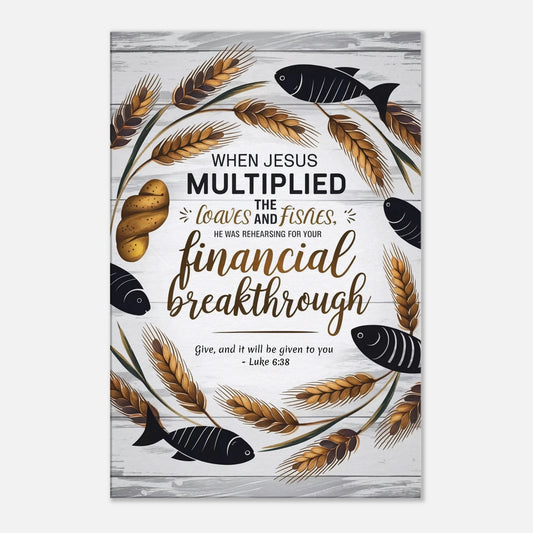
The State of the Christian Church in the Middle East and the Impact of Muslim Conversions
I’ve had my share of struggles and triumphs. But one of the greatest lessons I've learned over the years is how faith can flourish in even the most hostile environments. When I think of the Christian communities in the Middle East, my heart swells with admiration and compassion. They are not only keeping the light of faith burning but are also experiencing a remarkable shift—more Muslims are coming to Christ, despite the incredible challenges they face.
The Impact of Christian Persecution on Muslim Converts in the Middle East
Persecution is a reality many Middle Eastern Christians have known for generations. But for those coming to Christ from a Muslim background, the journey is often even more perilous. Choosing Christianity can mean losing family, friends, jobs, and even freedom. Yet, time and again, we see how God’s grace sustains these new believers.
I recall a testimony shared by a former Muslim who became a Christian in a small village in the Middle East. When he declared his faith publicly, he lost his job, was ostracized by his family, and had to move to another city to start anew. What struck me the most about his story was his unwavering resolve to stand firm in his newfound faith, despite the threats and intimidation.
The impact of persecution on these converts cannot be understated. It tests their resolve, deepens their dependence on God, and, in many cases, strengthens their witness to others. The Middle East Christian community, though marginalized and at risk, becomes a beacon of hope and a testament to the power of faith that cannot be extinguished.
How Christian Converts Survive and Thrive Amid Hostility
One of the most remarkable aspects of the Christian Church in the Middle East is how believers, both old and new, find ways to survive and even thrive in the midst of adversity. Many converts find support within underground churches or small house groups, where they can safely worship and fellowship with others.
I once had the privilege of speaking to a missionary who has spent years ministering in the Middle East. She told me about a support network for new converts, where they are mentored by experienced believers, counseled through the difficulties of leaving Islam, and helped to rebuild their lives. These small communities, while often invisible to the outside world, are lifelines for those seeking to deepen their faith while living under constant scrutiny.
The support extends beyond spiritual needs. Many churches have become centers for social support, offering food, shelter, and even vocational training to help converts transition into their new lives. This nurturing environment is crucial for survival and growth, as it allows them to see firsthand the love and compassion that the Christian faith embodies.
What Does the Rise of Muslim Converts Mean for the Future of Christianity in the Middle East?
The increasing number of Muslim conversions to Christianity is not just a sign of individual transformations but also a signal of shifting tides within the region. Despite the risks, the message of Christ is reaching those who previously might have been unreachable.
What does this mean for the future of Christianity in the Middle East? It’s a complex question, but one thing is clear: the Church is being revitalized. New converts bring fresh perspectives, fervor, and a willingness to share the gospel even in dangerous conditions. This growth, albeit small in numbers compared to the broader population, has a profound impact on the local church’s morale and outreach.
Imagine a small church in a town where it was once unheard of to see a Muslim convert. Today, that church has a few new members who have embraced Christ despite the threats. Their testimonies alone can inspire other Muslims who are seeking spiritual answers, creating a ripple effect that touches the hearts of many more. This revival, though quiet, is reshaping the spiritual landscape of the Middle East.
Balancing Faith and Fear: The Role of the Church in a Persecuted Region
In such a hostile environment, the role of the Church extends far beyond traditional worship services. It becomes a sanctuary—a place where people can bring their fears, doubts, and questions without judgment. The Church provides not only spiritual guidance but also practical assistance in navigating the many challenges that come with converting to Christianity.
Churches in the Middle East have had to balance their mission of spreading the gospel with ensuring the safety and security of their members. Many have established discreet means of meeting, sharing resources, and communicating with one another. It’s a delicate balance, but one that is necessary for survival.
Faith movements in the Middle East are characterized by resilience and creativity. Some churches hold secret meetings in the wilderness, while others meet in homes with all windows covered. I remember hearing about one congregation that sang worship songs so softly that it was almost a whisper, yet their praise was as powerful as a mighty chorus. The determination of these believers is awe-inspiring.
Conclusion: Hope for the Middle Eastern Church
The story of the Church in the Middle East is one of pain, persecution, and loss. But it’s also one of hope, resilience, and growth. Every time a Muslim chooses to follow Christ, it’s a reminder that no force of opposition can stand against God’s redemptive plan.
As Christians, it’s our duty to remember these brave souls in our prayers, to support missions and organizations that aid them, and to learn from their strength and courage. The Middle Eastern Church is not just surviving—it is laying the groundwork for a future where faith overcomes fear and love conquers hatred.
The rise of Muslim converts and the steadfastness of existing believers give us a glimpse into what the future holds: a vibrant, albeit persecuted, Christian community that is unshakeable in its devotion to Christ.
In this time of unprecedented change, let’s keep our hearts and hands open to our brothers and sisters in the Middle East, standing in solidarity with them and celebrating the faith that connects us all.




